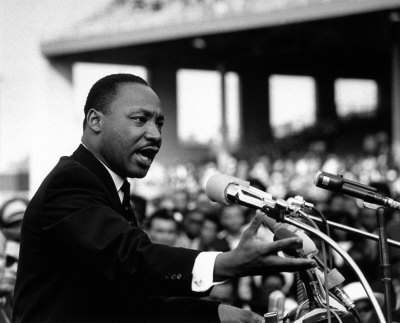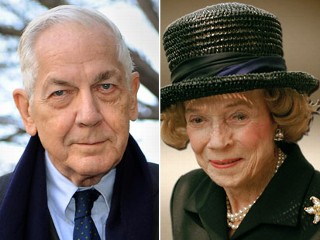
By Shawn Chandok
By now, I think Dave, Ahmed and I have discussed the components of estate planning enough to say we can almost consider ourselves as experts. This is exactly why I have decided to provide some common estate planning tips that can be applied to anyone.
First and foremost, the most important part of estate planning is obviously having a will. Once this is established, you should make sure your will is notarized with the correct number of witnesses. This number varies from state to state and avoids any post death problems between beneficiaries. In addition, beneficiaries should never sign the will as a witness.
Another important tip should include naming an executor who will manage your estate from the moment you die until your wealth is distributed. Usually most people use their lawyers however this is a very important job, so make sure your lawyer is someone who is both trustful and dependable.
If you are a person with an exceptional amount of accumulated wealth, an irrevocable living trust maybe more beneficial tax wise. I say this so because in 2007 and 2008 only people with assets greater than $2 million had to pay estate taxes. In 2009 that number has increased to $3.5 million and it is expected to rise in 2011. An irrevocable living trust such as an Irrevocable Life Insurance Trust “is commonly used to remove the value of property from a person’s estate so that the property can't be taxed when the person dies. In other words, the person who transfers assets into an irrevocable trust is giving over those assets to the trustee and beneficiaries of the trust so that the person no longer owns the assets. Thus, if the person no longer owns the assets, then they can't be taxed when the person later dies.” Thus, it is clear how trusts are more tax friendly.
Source#1
Source#2
Source#3




















